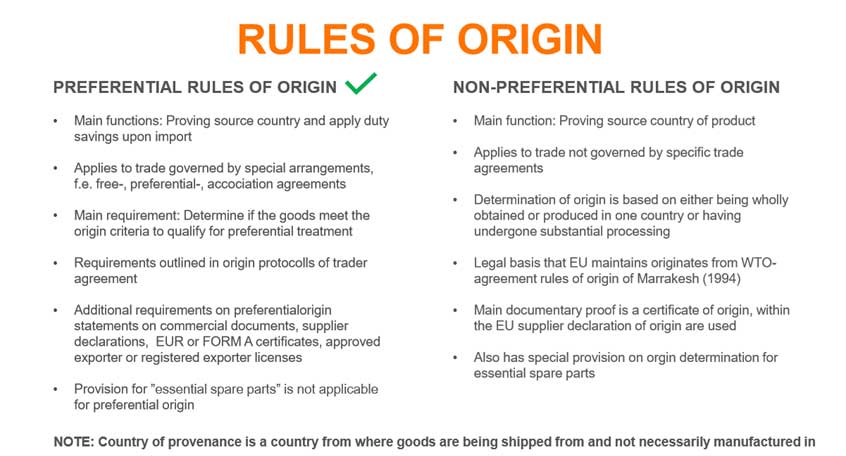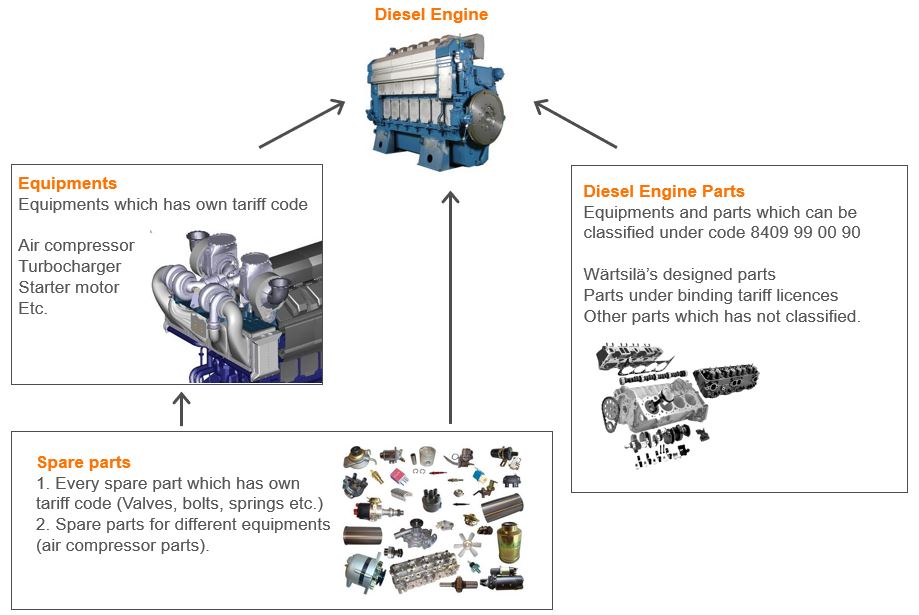Wärtsilä is committed to complying with all mandatory domestic and applicable international export laws and regulations. Wärtsilä supports the efforts of the international community to prevent the manufacture and proliferation of chemical,
biological and nuclear weapons and their delivery mechanisms as well as to combat international terrorism.
Export control is an internationally used legal instrument focusing on cross-border exchange of goods and services (so called controlled items) relevant from a security policy point of view. By export control, a country’s or economic area’s
foreign trade may be subjected to legal restrictions.
Sanctions are political instruments of national and international organisations, including but not limited to the United Nations and the European Union. Wärtsilä and its employees are to comply with all national and international export control
and sanctions’ legislation applicable to the Wärtsilä Business operation in question.
It is important that Wärtsilä introduces control measures to check itself and its business partners. For protection against negative press and other sanctions, Wärtsilä must comply with requirements of foreign trade law and applicable
rules for export control and sanctions. Non-compliance with these regulations can lead to both administrative and criminal consequences like penalties, licence withdrawal, “blacklisting”, prosecution, fines and even imprisonment.
Export control and sanctions cover following actions and procedures:
- Check of controlled items (dual-use / military items, technology and technical data)
- U.S. (re)-export and transfer
- Sanctioned party list screenings
Dual use check
The main Dual-Use Regulations of e.g US, EU define a uniform list of items for all with the according annexes, permit requirements and processes for exporting and shipping dual-use items.
ECN (EU) or ECCN (US) specifically identify items that are subject to export control regulations. They target only to a limited number of items, generally referred to as dual-use items, meaning they can be used for both commercial
and military purposes. Goods that are traded at high volumes world-wide are generally not controlled.
Individual products must be checked according to the criteria stated by the EC Dual-Use Regulation, for US origin and US controlled products according to the US Export Administration Regulations (EAR) and applicable export licensing and approval procedures
need to be followed
Military items, technology and technical data
Exports concerning military items always require an export license from the national authority.
U.S. (re)-export and transfer
Goods originating in the United States of America are subject to special regulations. These goods may still be subject to U.S. export controls when being re-exported from the EU since the U.S. export control regime bears an extraterritorial nature. Noncompliance
with U.S. export regulations may lead to suspension from trading with U.S. companies, severe penalties and/or an entry on the blacklist of the U.S. government.
All export control related information is to be provided to Wärtsilä by our suppliers (or manufacturers of the goods).
Sanctioned party list screenings
Wärtsilä shall assess any offer, contract or export having a nexus to a country and/or party subject to sanctions before proceeding with it.



